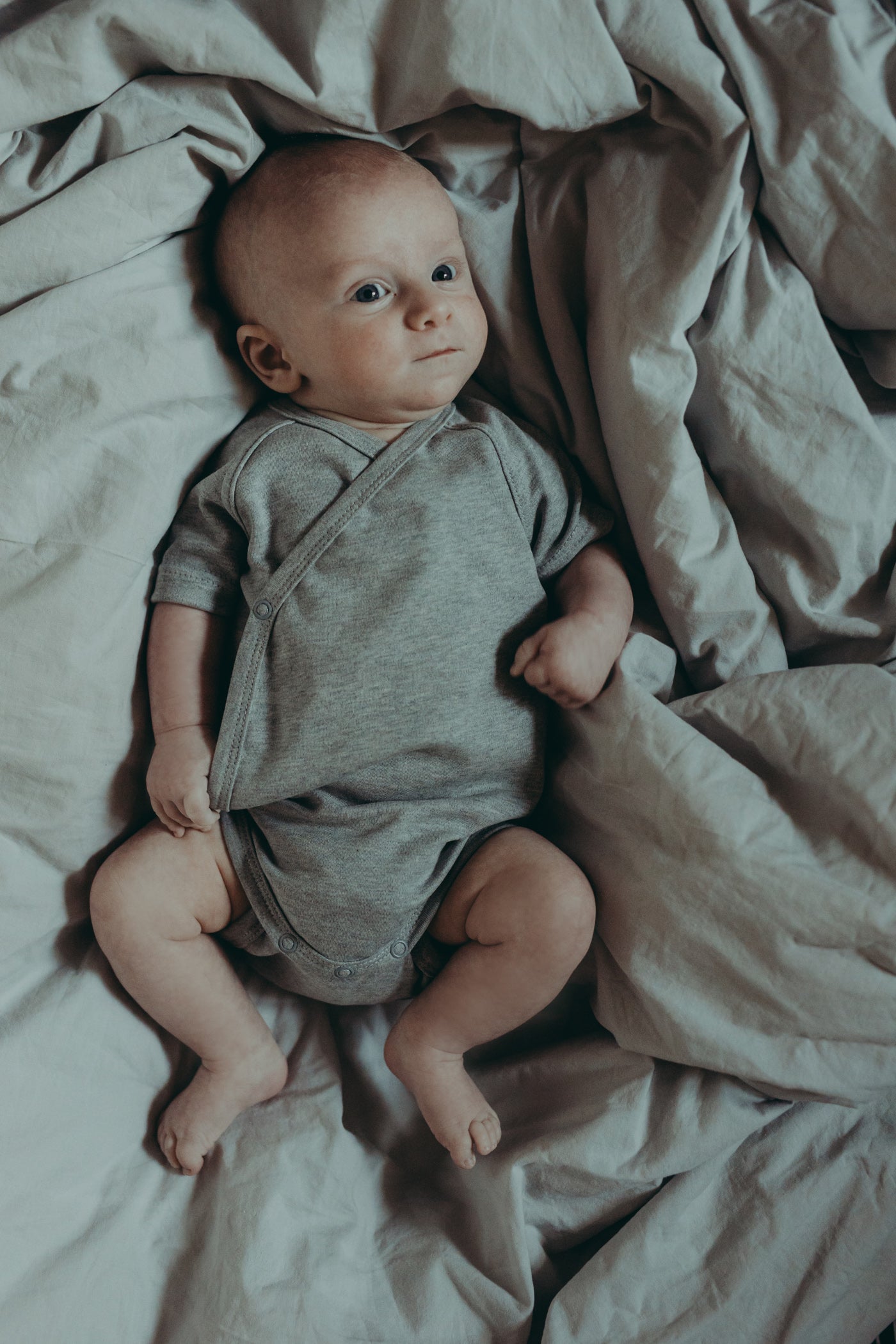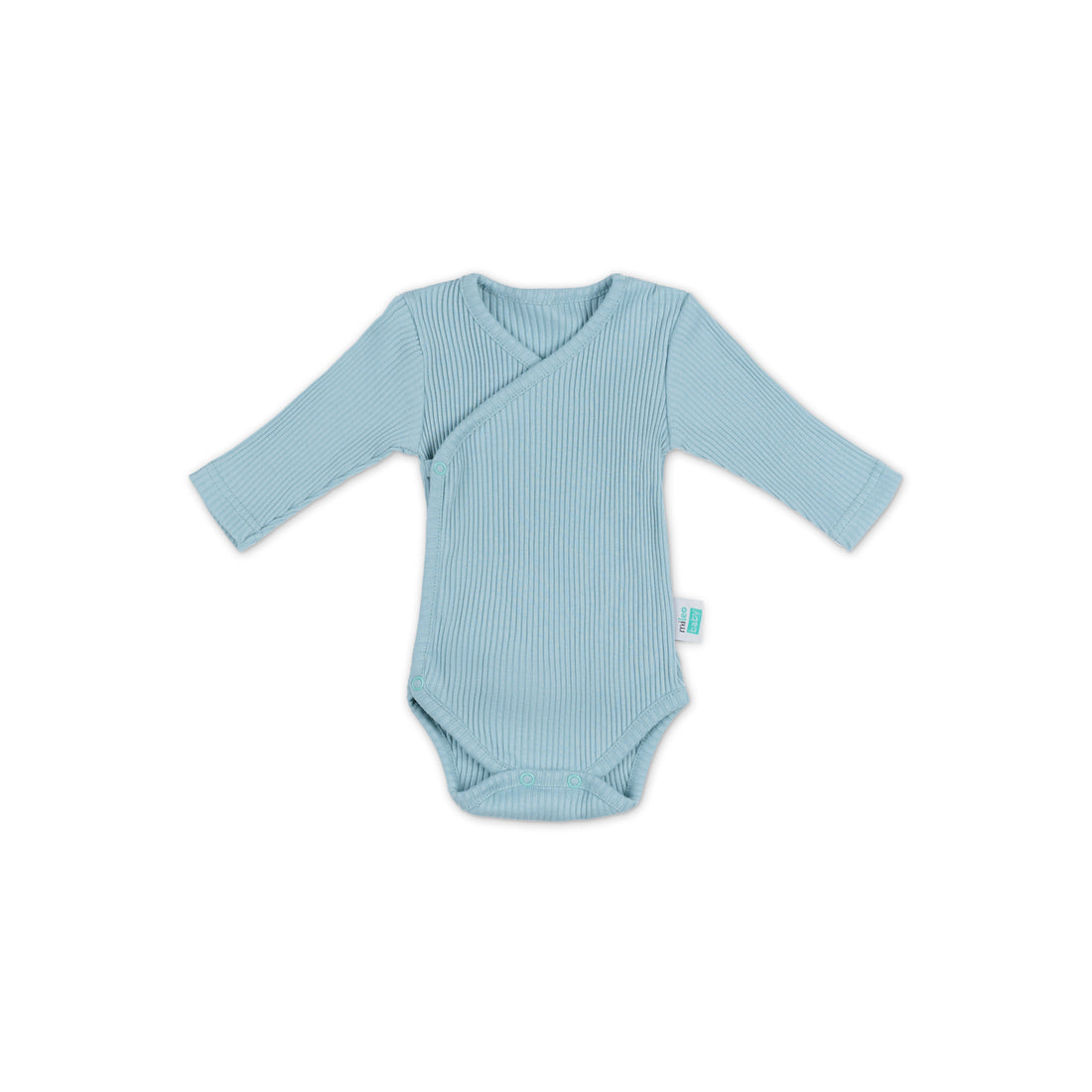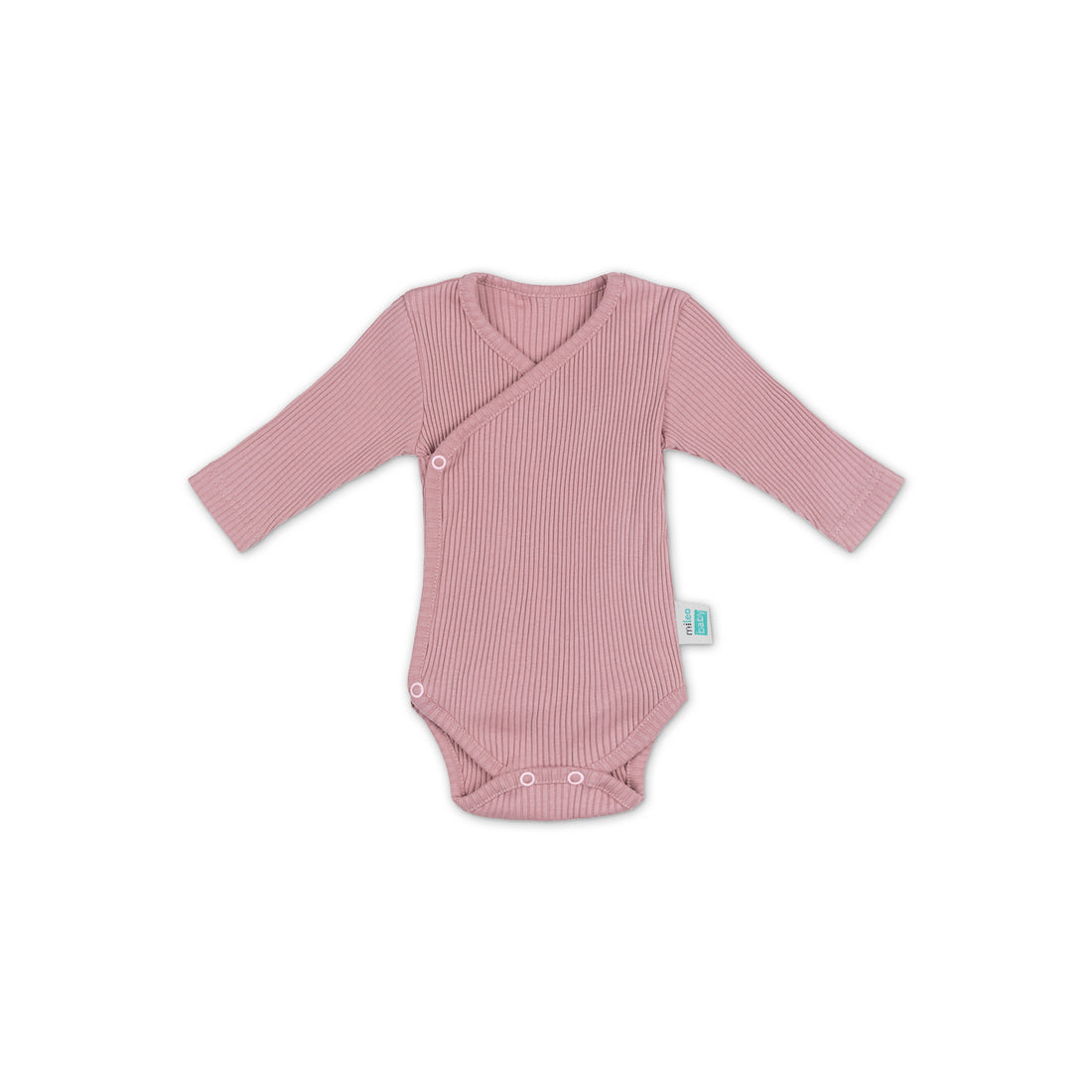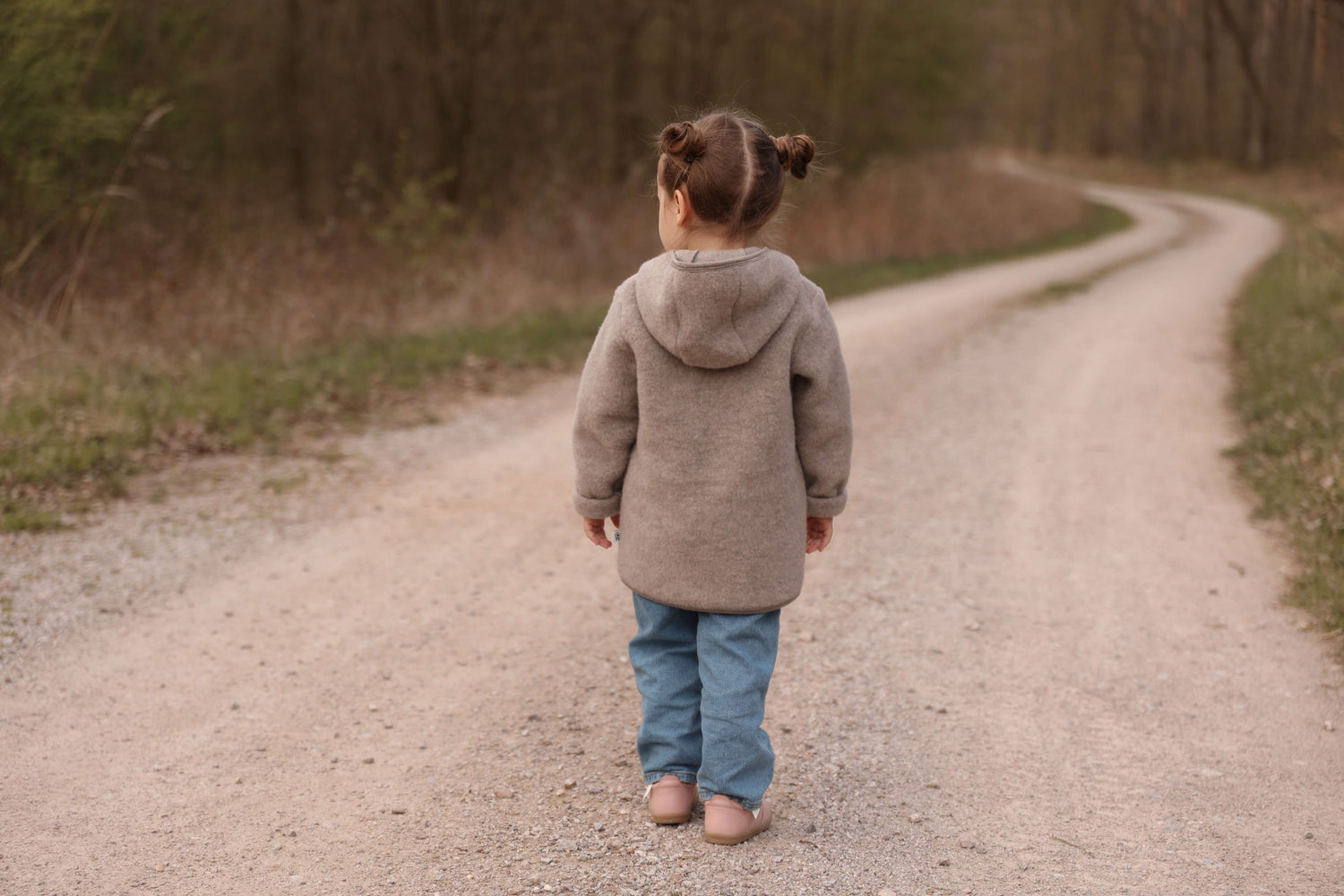When preparing for a new baby, many parents make what they believe to be safe, sensible choices. Organic food, non-toxic toys, gentle bath products. And when it comes to clothing? Many rely on one seemingly harmless phrase: "100% cotton." But that comforting label may be masking a deeper threat to your child's health.
The hidden dangers in “100% Cotton”
At first glance, cotton appears to be the ideal fabric for babies. It’s soft, breathable, and widely used. But here’s the reality: conventional cotton is one of the most chemically treated crops in the world. According to the Environmental Justice Foundation, cotton accounts for 16% of global insecticide use and 6% of global pesticide use, while covering only 2.5% of the world’s cultivated land. That’s a heavy chemical load.
From seed to finished garment, cotton goes through a long chain of treatments. Even if your baby's onesie reads "100% cotton," that label only refers to the fiber — not to the toxic dyes, softeners, wrinkle-resistors, flame retardants, and preservatives applied later.
Many popular baby clothes contain residues of formaldehyde (used to prevent wrinkles and mildew), PFAS (used to repel stains and water), and even BPA (typically found in plastics, but also used in synthetic dyes and finishes).
What does this mean for your baby?
Infants are not miniature adults. Their skin is five to ten times thinner and much more permeable. Their detoxification systems are immature. This means any chemical residue on clothing can be more readily absorbed, potentially impacting their health long-term.
Some babies experience:
- Persistent eczema or skin irritation
- Allergic reactions or hives
- Dryness and inflammation that resist creams and lotions
And these symptoms are just the visible ones. Long-term exposure to endocrine disruptors like PFAS and BPA has been linked to:
- Hormonal imbalances
- Thyroid dysfunction
- Lowered immunity
- Increased risk of asthma and certain cancers
When cotton becomes safer: the role of certification
Not all cotton is created equal. There is a major difference between conventional cotton and certified organic cotton. Organic cotton is grown without synthetic pesticides and fertilizers. It's processed without chlorine bleach, heavy metals, or formaldehyde-based finishes.
Look for products with GOTS (Global Organic Textile Standard) or OEKO-TEX Standard 100 certifications. These labels ensure the entire production process — from field to finished fabric — is free from harmful chemicals.
So what can parents do?
You don’t need to panic, but you should be aware. Here are steps to protect your baby:
-
Choose certified brands – Look for GOTS or OEKO-TEX labels
-
Wash all new clothes – Especially before first use. Washing can reduce some surface chemicals, although not all.
-
Avoid heavily dyed and synthetic blends – Vibrant colors and glossy finishes often mean more chemicals.
-
Limit "performance" features – Stain-resistance and wrinkle-free finishes usually involve PFAS or formaldehyde.
Dear Gaia: your trusted source for safe babywear
At Dear Gaia, we understand that parents want both style and safety. That’s why we carefully select every brand and product in our store with your child's health in mind. Our baby essentials are made from GOTS-certified organic cotton, undyed or naturally dyed fabrics, and always free from harmful additives.
Our bestsellers include:
- Organic cotton bodysuits
- GOTS certified merino and silk rompers and bodysuits
- Turbans and hats made from rescued deadstock material
All are rigorously vetted to ensure they are skin-safe and ethically made. We also offer a curated collection of preloved garments, which not only reduces waste but further minimizes chemical exposure through repeated washing.
A final word
"100% cotton" sounds safe, but it’s often a marketing simplification. Without knowing how that cotton was grown, processed, dyed, and finished, it can be misleading and even dangerous. As parents, we deserve transparency and truth in labeling — not greenwashed buzzwords.
Until industry standards catch up, the best protection you can offer your child is education, vigilance, and choosing brands that genuinely care about your baby's health — like Dear Gaia.
Because your baby deserves more than just cute. They deserve safe.
Sources:
- Environmental Justice Foundation: "The Deadly Chemicals in Cotton" → https://ejfoundation.org/news-media/the-casualties-of-cotton
- OEKO-TEX Association → https://www.oeko-tex.com/en/
- The Guardian: "PFAS absorbed through skin" → https://www.theguardian.com/environment/article/2024/jun/30/pfas-absorbed-skin-study
- Chem Trust: "PFAS in baby clothing and jackets" → https://chemtrust.org/pfas-childrens-clothing/
- EWG: "Toxic Forever Chemicals Found in Baby Textiles" → https://www.ewg.org/news-insights/news/2022/11/new-baby-textile-product-tests-show-concerning-levels-toxic-forever
- Dermatology NPs: "Forever Chemicals Shown to Absorb Through Skin" → https://dermnppa.org/forever-chemicals-shown-to-absorb-through-skin/









